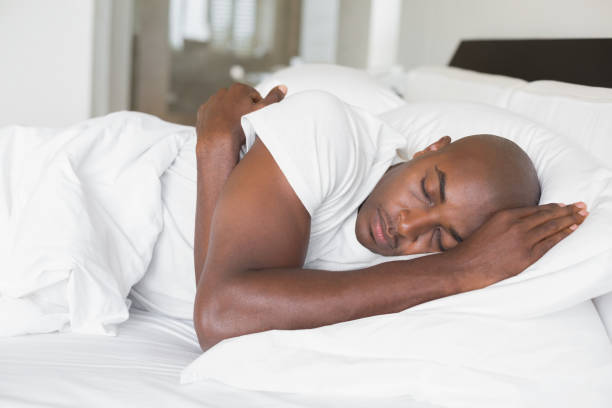Sleep: when we were children, we used to run from it, and now as adults, we wish we had more of it. A good night’s sleep is not just something we all want — it’s a necessity. Unbeknown to the “I’ll sleep when I die” folks it’s essential for helping a person maintain optimal health and well-being.
Research shows that poor sleep has immediate negative effects on your hormones, exercise performance and brain function. When it comes to their health, sleep is as vital as regular exercise and eating a balanced diet.
For adults, ideally, you’re looking to gain about 7-8 hours of sleep per night for optimal health benefits.
Getting that recommended slumber time in each night will not only help your body reboot but give ample time for muscle tissue to rebuild (so you don’t feel sore the next morning) and memory consolidation to complete (so you don’t feel groggy the next morning).
Lack of sleep, on the other hand, can put you at risk for weight gain, lowered immunity, increased stress, the inability to make clear and quick decisions, and raise your risk for serious health problems like heart disease and diabetes.
Maintain a healthy lifestyle.
Yes, the way you live impacts the way you sleep. Limit spicy foods or those high in fibre or caffeine prior to bedtime, which can disrupt your deep sleep cycles from connecting.
Try to get in at least 30 minutes of exercise per day, even if you choose to take the stairs at work or take your dog for a longer walk in the evening. Complete all workouts at least 2-3 hours prior to bedtime to give your body a chance to cool off.
Shut down electronics before bed.
Natural light exposure has many benefits, including Vitamin D, but nighttime light exposure, in turn, can have very negative side effects. This is due to its impact on your circadian rhythm, tricking your brain into thinking it is still daytime.

This reduces hormones like melatonin, which helps you relax and get deep sleep. The blue light that emits from our smart devices and televisions can “trick” the body into actually thinking it’s daytime and disrupts our melatonin production.
Find a quality mattress, linen and pillow.
If you suffer from insomnia or ever spent the night tossing and turning, then you know that bed quality can affect your sleep. One study looked at the benefits of a new mattress for 28 days, revealing that it reduced back pain by 57%, shoulder pain by 60% and back stiffness by 59%.
It also improved sleep quality by 60%. Look for a mattress first off that is non-toxic, and doesn’t use any memory foams. If you tend to run warm at night, look for a breathable mattress.
Also, if your partner tends to toss and turn, look for a mattress that neutralizes major movement, which will help you, finally, get those eight hours of sleep you’ve been needing.
Optimize your bedroom environment.
Many people believe that the bedroom environment and its setup are key factors in getting a good night’s sleep.
These factors include temperature, noise, air quality external lights and furniture arrangement. To optimize your bedroom environment, try to minimize external noise, light and artificial lights from devices like alarm clocks.
Make sure your bedroom is a quiet, relaxing, clean and enjoyable place. And if you tend to get dehydrated at night, keep some Essentia water by your bedside, because of the benefits of alkaline water.






